ROTC shouldn’t serve as scholarship money
February 22, 2019
It’s impossible to walk around campus and not notice the partnership between the University and the U.S. Army.
They have their own building in the middle of campus, and their posters and logos dot the University.
However, these two institutions are much more connected than they should be.
For many students, ROTC presents an opportunity to go to a school they may not be able to otherwise.
They offer scholarships to those who participate which can amount to a full ride for up to four years.
You are free to be in the program for two years before making any commitment to the Army, according to the U.S. Army’s official website.
After two years though, if you wish to continue earning the scholarship, you must make an official commitment.
This generally includes eight years in either the National Guard, the Army Reserve or a combination of the two.
However unlikely it may be, you have given the United States Army the ability to send you overseas to fight in active combat.
ROTC is one of the most comprehensive scholarship programs available to students.
Half of all prospective students must sign up for the U.S. military draft if they wish to have access to federal student aid through FAFSA.
Both of these combine to create a large portion of the student body that has given the final ownership and autonomy of their body to the military in return for the ability to go school.
Systems like this target the most vulnerable groups in society.
The army admits that they saw a drastic increase in applications for scholarships during the recession, in a August 2013 USA Today article on the rising cost of college.
The last time that people in the United States were forced to enlist was during the Vietnam War.
According the Vietnam War Statistics provided by the National Archives, 76 percent of the soldiers that our government sent overseas came from working class families.
The vast majority of these had at most a high school degree.
Men who could afford to go to college were often allowed to avoid enlisting.
Those who couldn’t either fled the country or agreed to serve.
In preparation for an increase in draft calls during the Vietnam War, then-Secretary of Defense Robert McNamara was quoted during a 1964 cabinet meetings saying that the draft should focus specifically on the poor.
This was because it would be an opportunity to “salvage” and “rehabilitate” them from “squalid ghettos of their external environment.”
The upper-middle class expected deferments for much of the war and saw those who got drafted as “suckers” who “made poor choices,” according to an October 2017 New York Times article commemorating 50 years since the 1967 Vietnam campaign.
The financial opportunities ROTC and FAFSA provide are indispensable to some students’ ability to get their education.
However, the work that these students have put in to deserve these opportunities is immense.
Those who choose to participate and serve in the armed forces by their own choice deserve all the praise that can be given for their personal sacrifices.
Despite this, unfair systems breed classist and unfair results.
Moving away from this distribution of federal funding to fairer strategies would help students go to school without being forced to give up their bodily autonomy.
It would also allow them to live without the fear of being pushed into involuntary service.
In this country, we value education as one of the primary ways to improve one’s conditions.
There are also better, more efficient and more equitable options that we can take.
Countries like Germany and Sweden have public universities that are practically free to attend and rank among the world’s best.
There is no reason a country as rich as the United States can’t do the same.
If not free tuition, we could try redistributing the money we already spend on scholarships from programs like these.
Instead, we could give the funds to need-based aid and increased generosity in work-study programs.
Paying for college has never been harder.
We should have a system that rewards the students that need these funds.
Many are willing to put in work to get it without placing an unnecessary burden on the working class in the case of a major conflict.


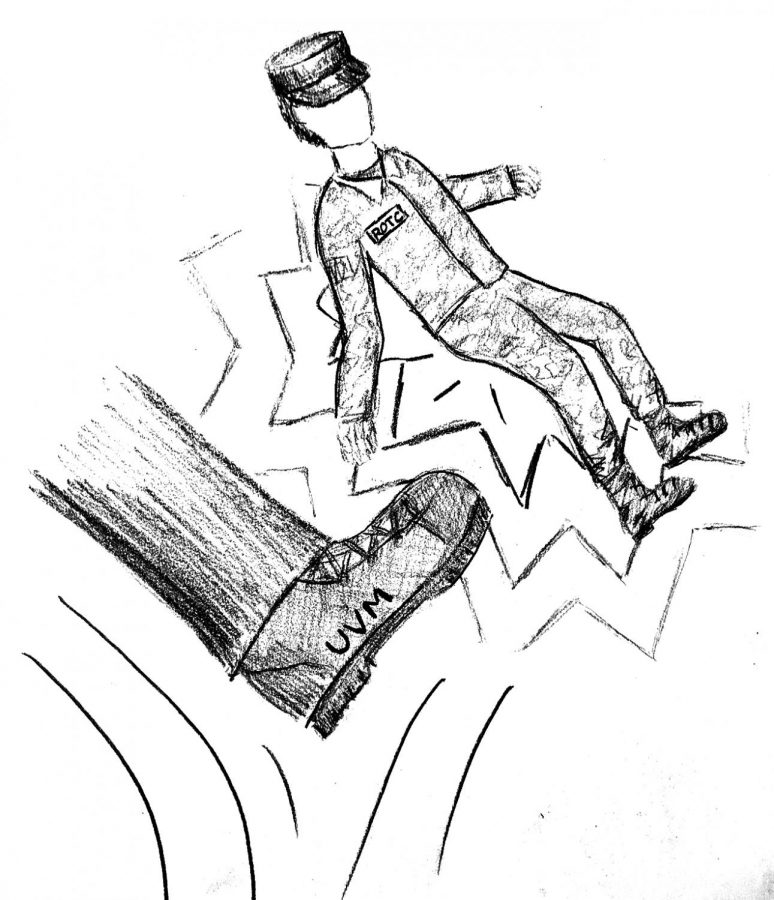







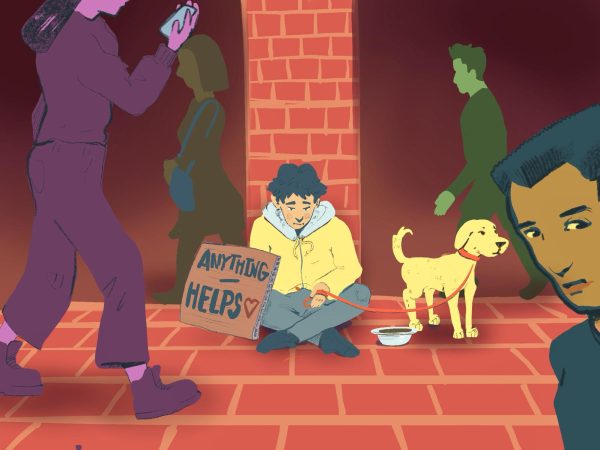
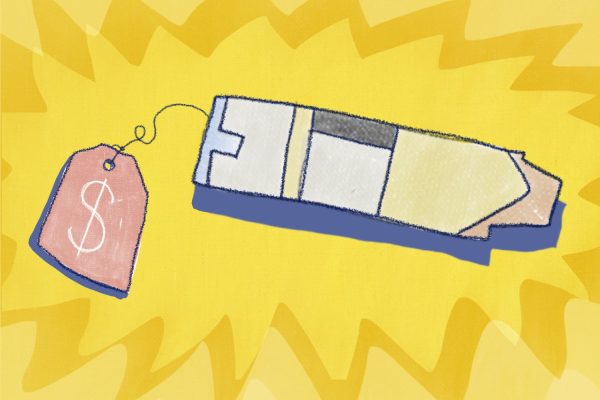
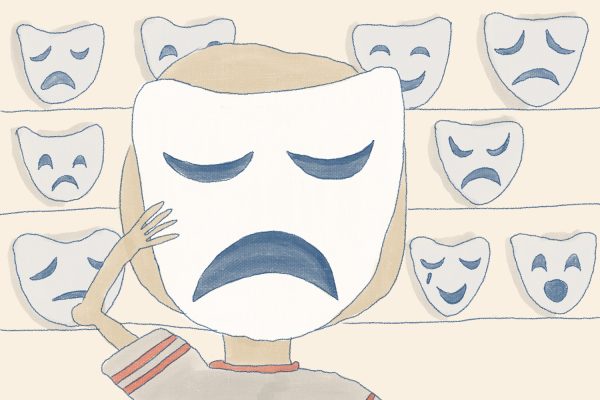
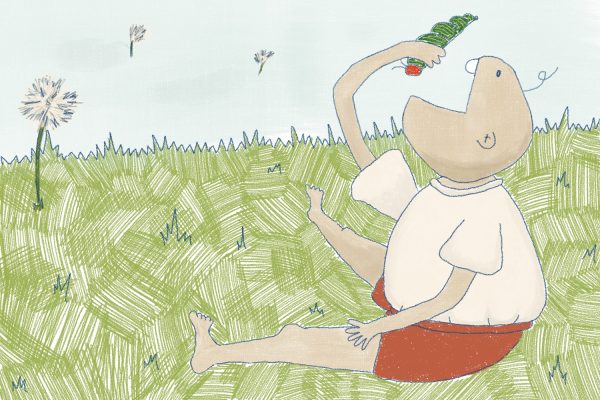
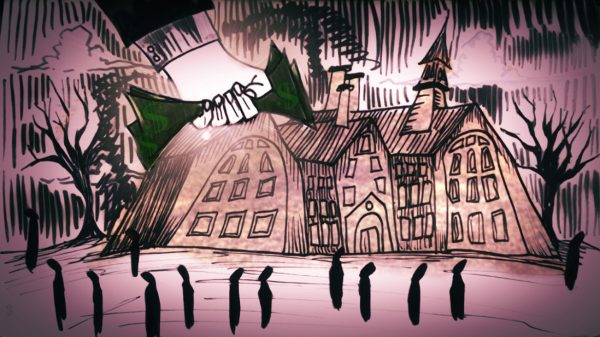

![Can’t buy me [self] love](https://vtcynic.com/wp-content/uploads/2024/04/self-care-FINAL-600x398.jpg)
